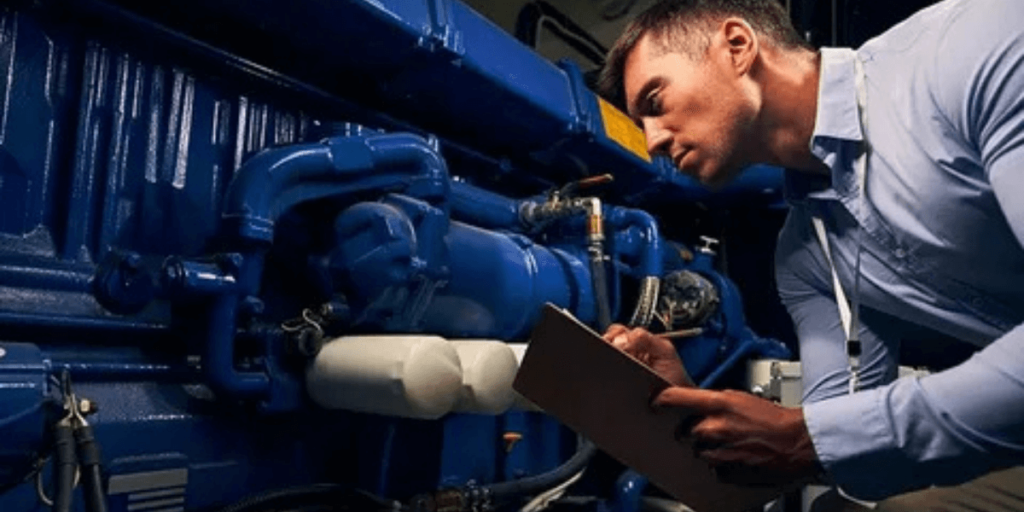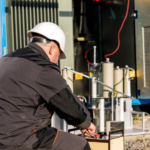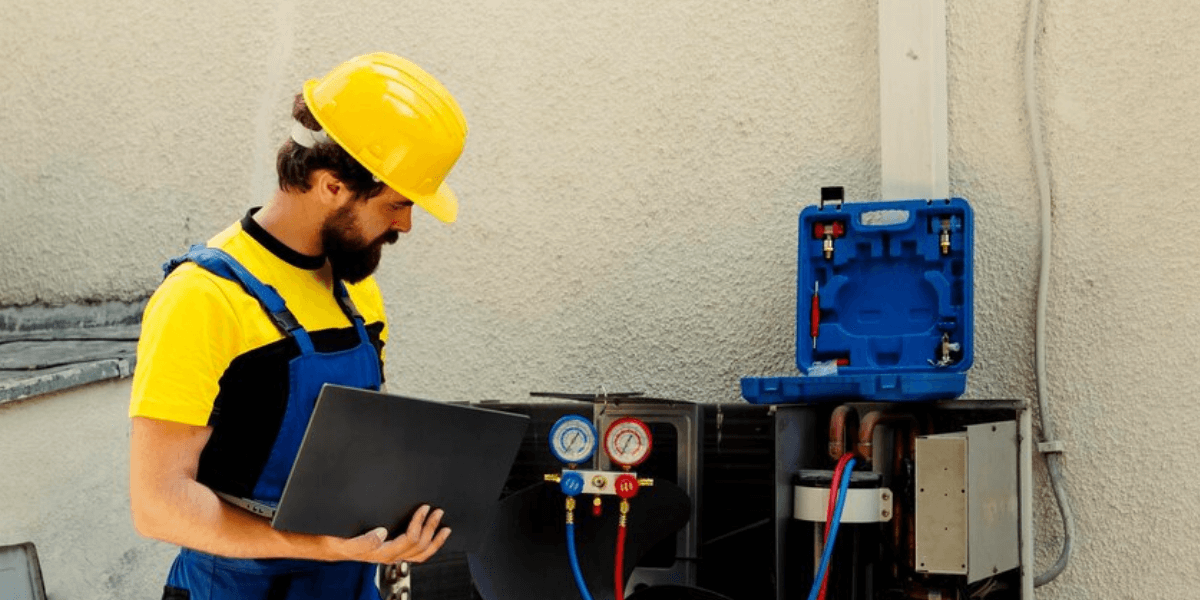Knowing the common generator problems that affect performance is key to maintaining long-term functionality. These may include low fuel levels, dead batteries, clogged filters, or faulty wiring. Inconsistent power output, difficulty starting, and unusual noises also point to underlying issues. Preventive maintenance helps reduce unexpected failures and increases reliability. By learning about these issues early, users can avoid costly breakdowns.
Your Go-To Generator Troubleshooting Guide
Every operator should be familiar with a practical generator troubleshooting guide. When a generator doesn’t start, check the fuel supply, battery health, and spark plugs first. If it powers on but doesn’t produce electricity, inspect breakers, wiring, and voltage regulation. Troubleshooting also includes assessing oil levels, exhaust flow, and cooling systems. For emergency fixes, following a step-by-step diagnostic can resolve most minor problems.
How to Fix a Generator Safely and Efficiently?
Learning how to fix a generator starts with safety; ensure the machine is powered down and disconnected. Begin with simple checks like tightening loose wires, cleaning air filters, and replacing worn spark plugs. Oil and fuel system inspections often resolve poor performance. If the unit has battery issues, recharge or replace it as necessary. Keep spare parts available and follow the user manual closely. For more intricate engine work, professional servicing is highly recommended to avoid damage or injury.
Identifying Generator Engine Problems Quickly
Most generator engine problems stem from oil pressure, overheating, or fuel delivery issues. Listen for knocking, sputtering, or misfiring sounds, which often signal mechanical or combustion issues. Visible smoke, leaks, or high fuel consumption are other warning signs. Address these quickly to prevent complete engine failure. Regularly scheduled inspections, proper lubrication, and clean fuel usage reduce the likelihood of breakdowns.
Avoiding Fuel-Related Generator Issues
Poor fuel quality or stale fuel can cause multiple generator problems, including clogged injectors or fuel filter blockages. Diesel generators, in particular, require moisture-free storage and regular system flushing. Contaminated or low-grade fuel can affect combustion efficiency, leading to rough running and engine knocking. Always store fuel in sealed, labeled containers, and never mix types unless specified. Fuel stabilizers help maintain freshness. Proper fuel handling is an essential step in every generator troubleshooting guide.
Battery and Starter Motor Failures
Battery failure is among the most frequently reported generator engine problems. Over time, batteries lose charge or corrode, making them unreliable. Always check voltage and replace weak batteries before outages. The starter motor can also wear out, especially in high-use generators. Keeping terminals clean, securing cables, and replacing old batteries avoids downtime.
Dealing with Overheating Generators
Overheating is a common issue in hot climates and signals underlying generator engine problems. Causes may include clogged air filters, blocked exhausts, or low coolant levels. Overloading the generator can also result in excessive heat buildup. Use temperature monitoring tools and regularly clean ventilation grilles. Overheating damages vital components, so early action is critical. Different service providers advise operators in the UAE to invest in cooling system upgrades and conduct frequent thermal inspections for long-term resilience.
Electrical Output Irregularities
A drop or surge in voltage indicates electrical issues that fall under common generator problems. Fluctuations in power may result from faulty alternators, broken circuit breakers, or damaged wiring. Use multimeters to measure output regularly and spot inconsistencies. Preventive maintenance of control panels and rewiring of aged components improves overall performance. These power irregularities can cause equipment damage, so resolving them quickly is crucial. For businesses, consistent power is necessary for commercial clients with precision testing.

Common Troubleshooting Scenarios for Perkins Generators
Even top-tier models can encounter issues, and Perkins generator suppliers often report specific patterns. These include coolant leaks, timing issues, and sensor faults. Owners should monitor dashboard alerts and temperature gauges. Follow your specific Perkins maintenance schedule for optimal efficiency. Issues such as fuel contamination or misfiring are easier to address with proper records. By identifying these in the early stages, larger repairs can be avoided. Always source genuine parts from trusted Perkins generator suppliers for consistent performance.
Routine Maintenance Tips from the Best Generator Supplier
Leading by example, every generator supplier in Dubai advocates routine maintenance. This includes oil changes, fuel system cleaning, and filter replacements. Lubrication checks and load testing help maintain balance and avoid sudden breakdowns. BlueDot Trading LLC recommends monthly check-ups for heavy users and seasonal preparation for standby units. Documenting these inspections makes tracking usage easier and helps in early fault detection. Reliable performance depends not just on brand quality but also on disciplined upkeep.
When to Call a Professional for Help?
Understanding how to fix a generator is helpful, but knowing your limits is vital. Complex issues such as alternator failures, sensor recalibrations, and electrical rewiring demand expert attention. Licensed technicians come equipped with tools and training to diagnose precisely. Delaying service can worsen problems, leading to costlier repairs or downtime.
BlueDot Trading LLC offers expert consultation and emergency service support for UAE-based clients, ensuring minimal disruption. Prioritizing regular check-ups prevents recurring issues and maximizes system efficiency.
FAQS
1. What are the most common generator problems to look out for?
Some of the most common problems include dead batteries, fuel contamination, clogged filters, overheating, and fluctuating voltage. Such problems frequently occur because of inadequate upkeep or extended usage without examination. Regular servicing and keeping a troubleshooting checklist handy help avoid costly breakdowns and ensure reliability during emergencies.
2. How can I fix a generator if it suddenly stops working?
Check the basics like fuel levels, oil quality, battery voltage, and air filters. Reset circuit breakers, inspect wiring, and verify control panel functions. If issues continue, seek help from a qualified technician to avoid additional damage.
Conclusion
Addressing common generator problems early and maintaining a consistent care schedule can dramatically reduce system failures. A strong grasp of the generator troubleshooting guide empowers users to take immediate action when needed. By understanding how to repair a generator and recognizing early generator problems, both personal and commercial users improve their uptime and reduce maintenance costs. BlueDot Trading LLC proudly stands beside clients across the UAE, offering expert insights, service, and high-performance solutions that keep your power running without interruption.








